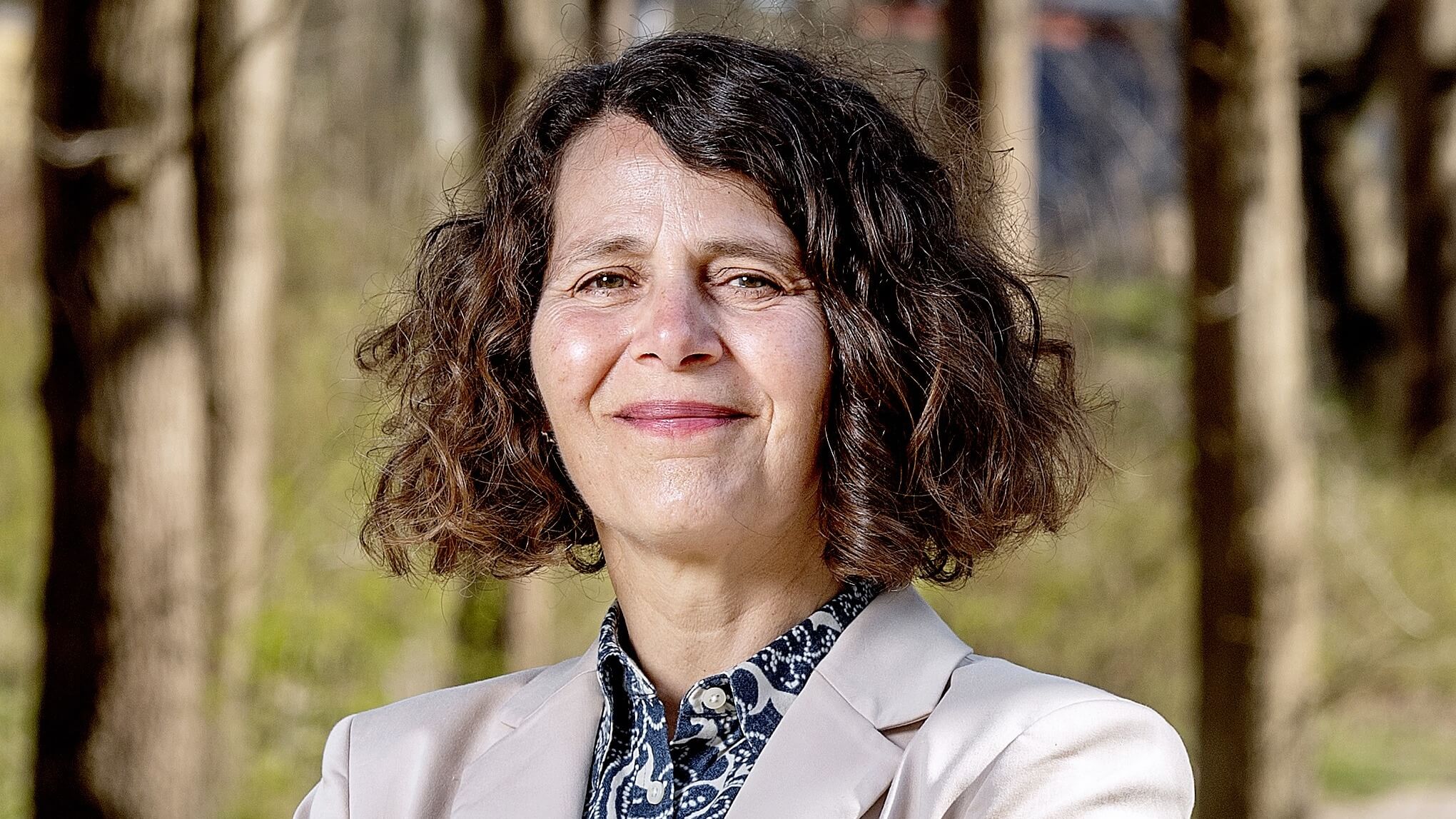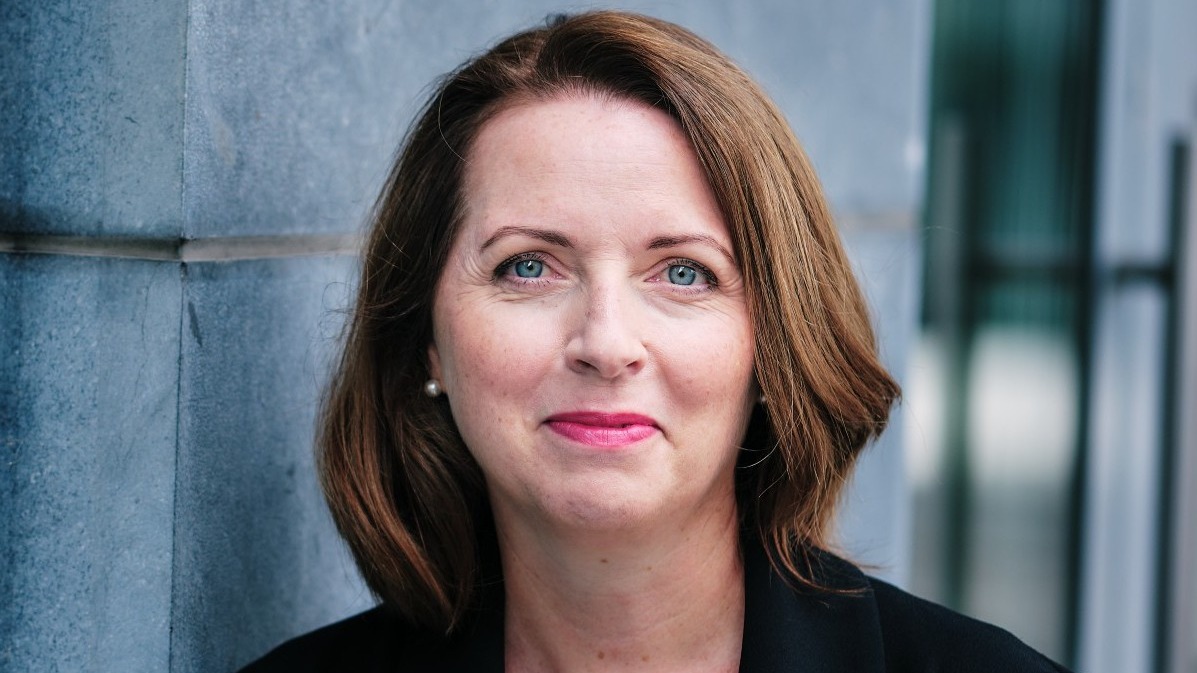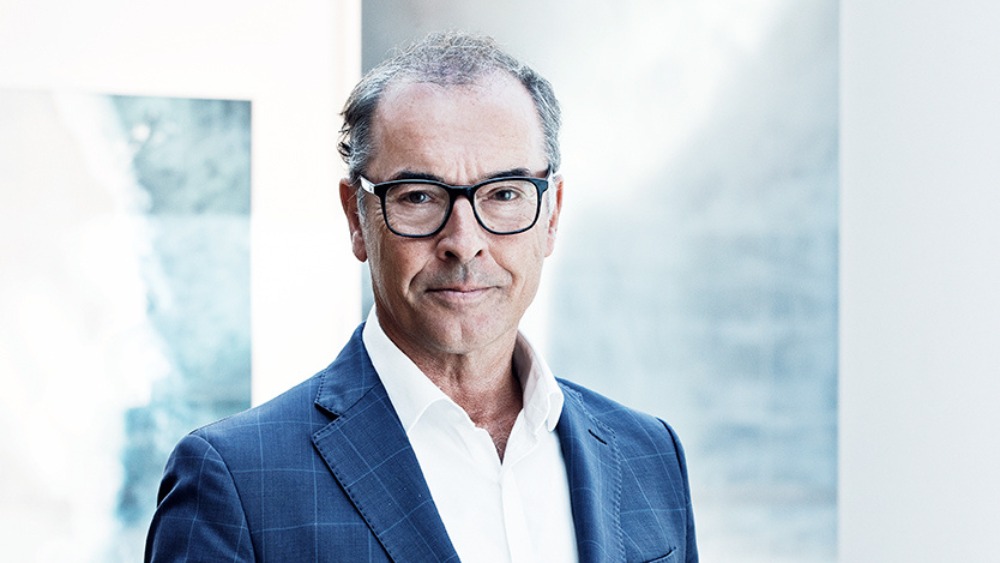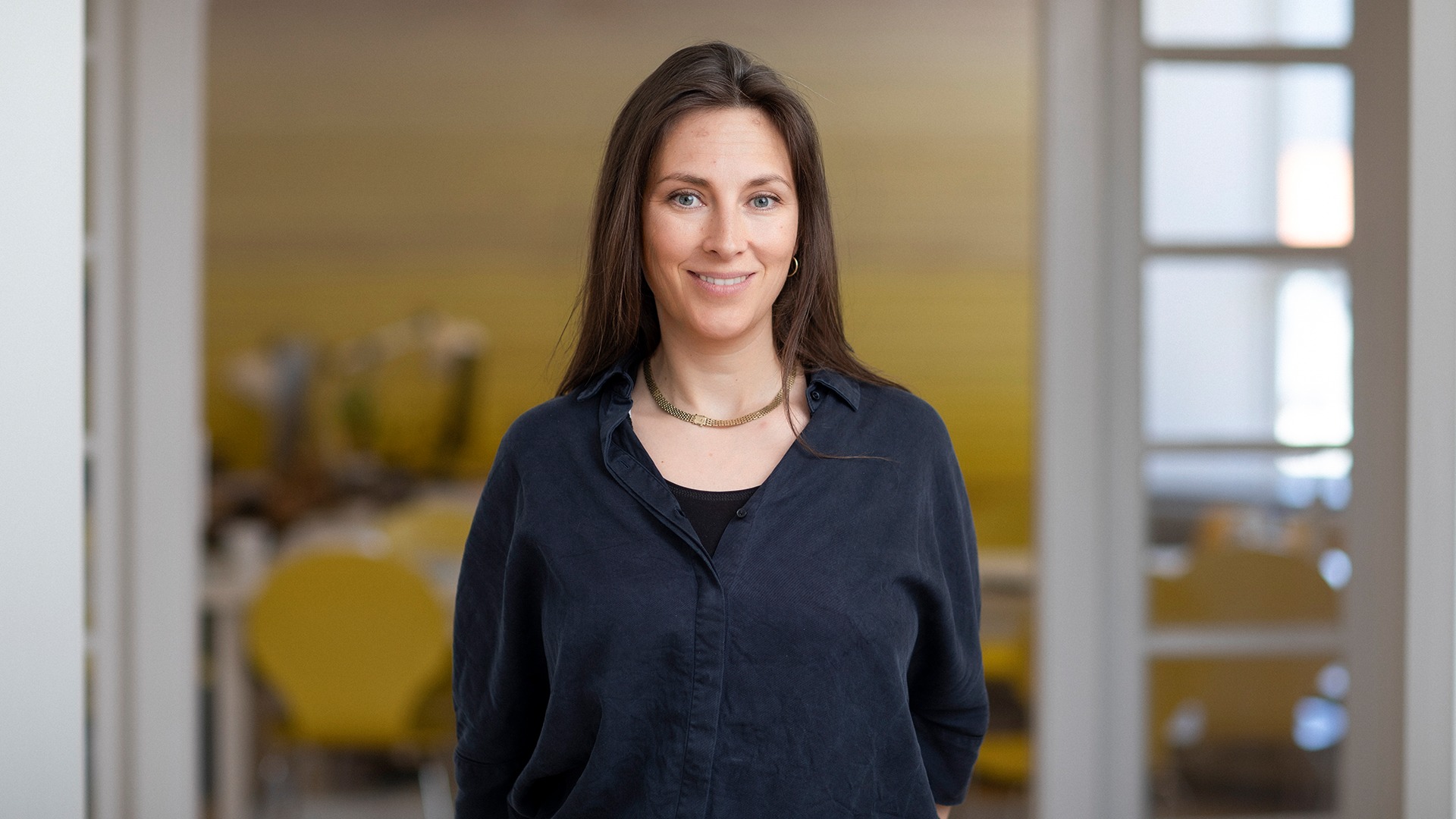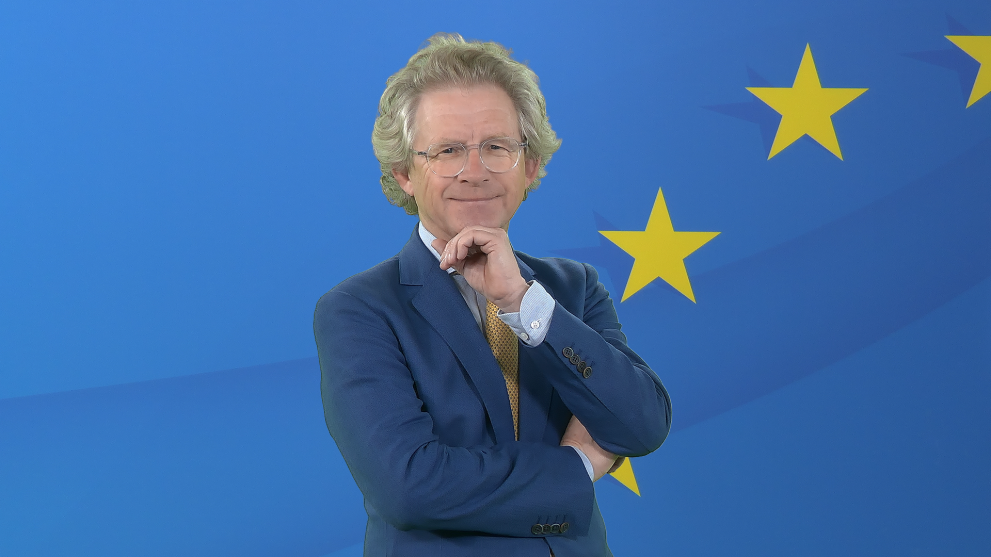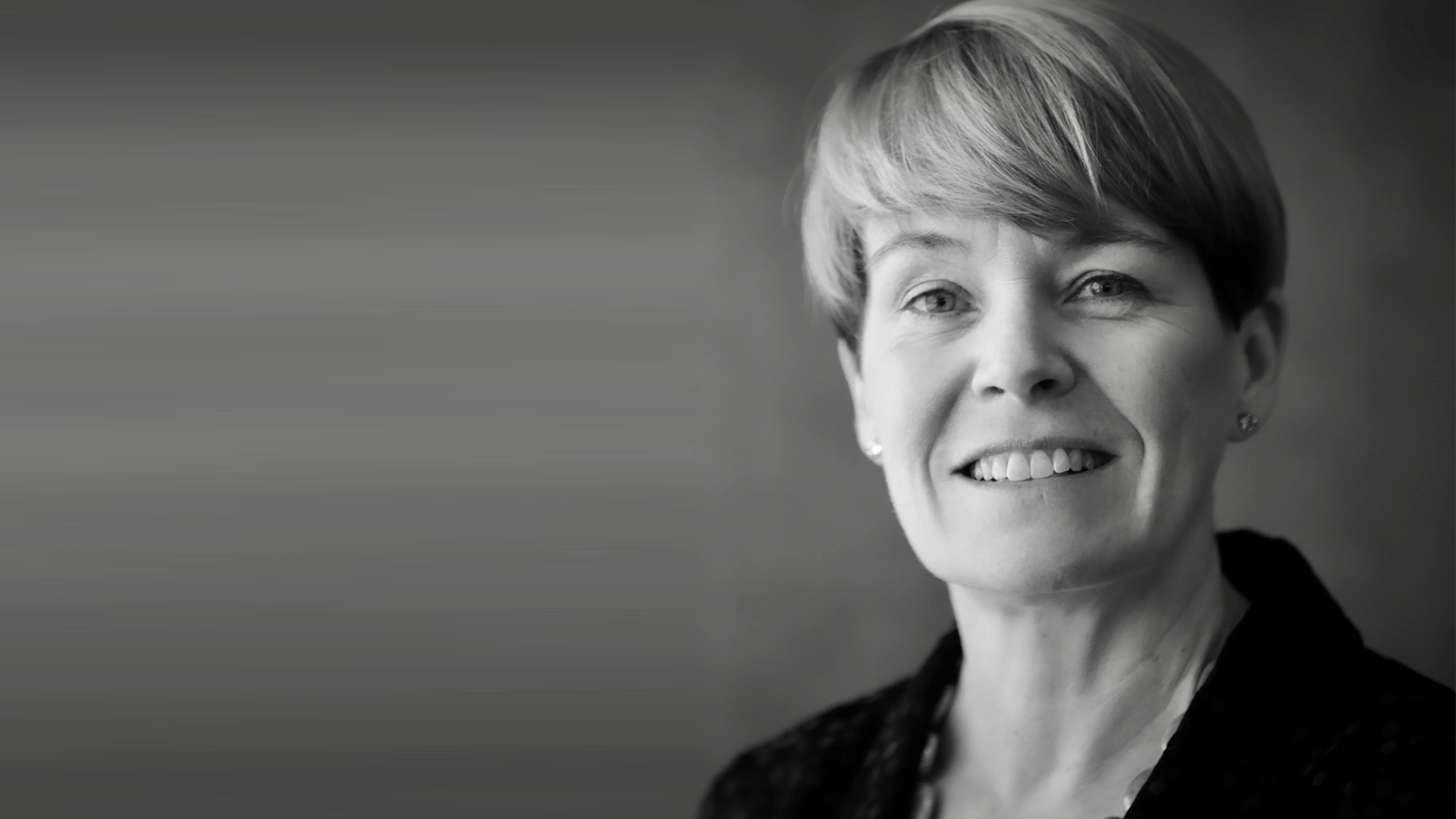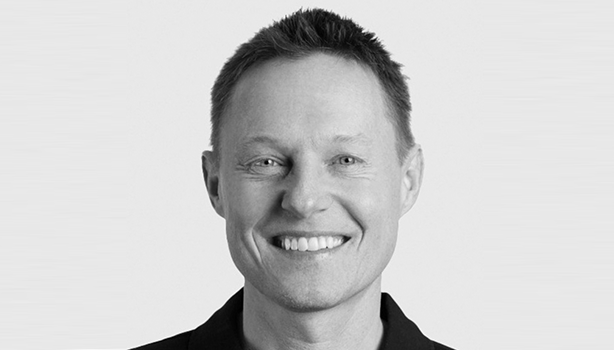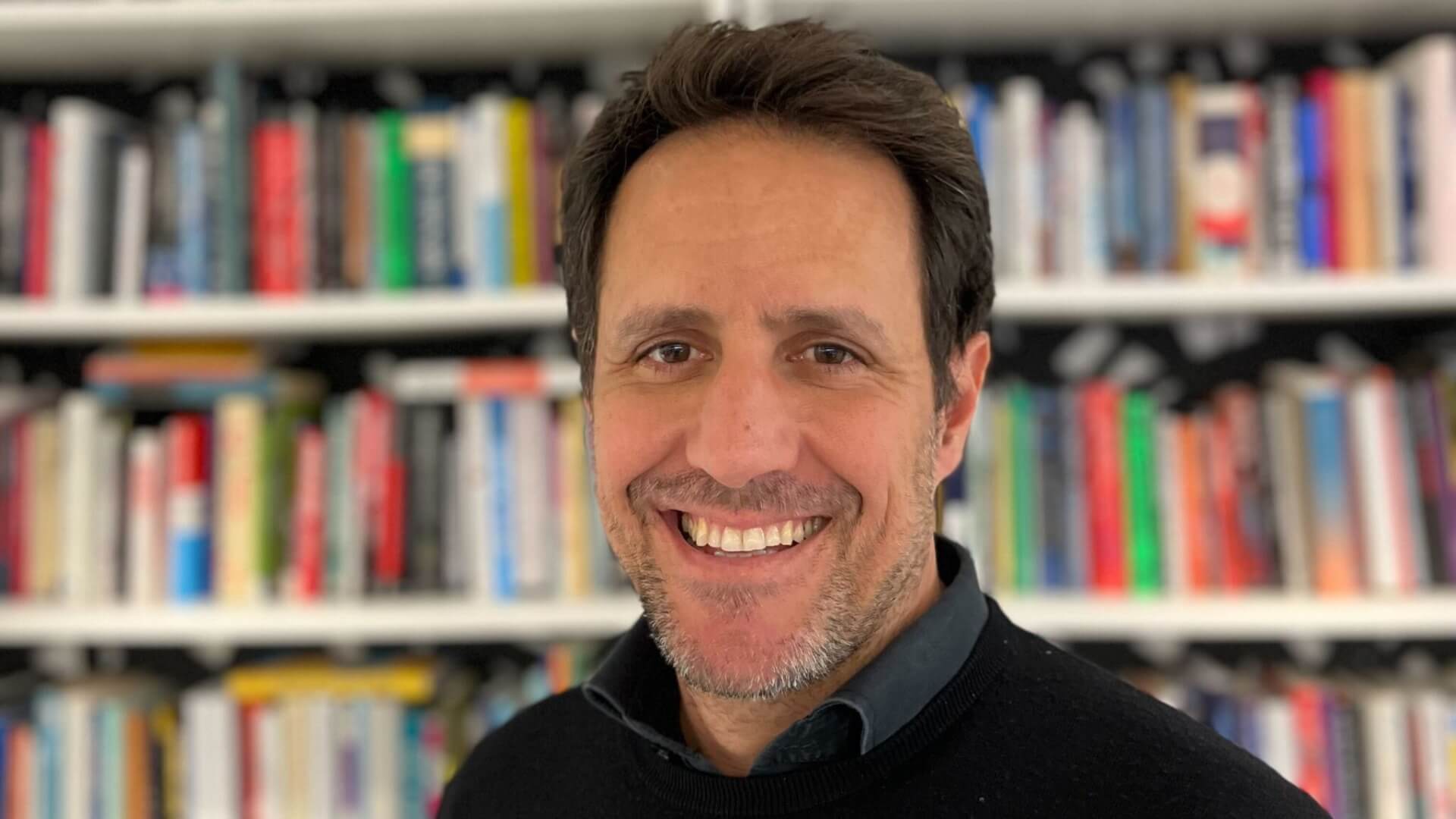Copenhagen November 25-26, 2025
Europe holds immense potential – but continues to fall short when it comes to scaling deep tech. Despite world-class research, strong entrepreneurial talent, and vibrant early-stage innovation, too few deep tech startups grow into global leaders. This persistent scaleup gap weakens Europe's competitiveness and reflects deeper structural barriers that must be addressed.
In response, the EU has launched the Startup and Scaleup Strategy and is preparing the European Innovation Act – two major initiatives aimed at making Europe the most attractive place for deep tech founders, talent, and investors.
The ASCEND conference supported these ambitions. Through high-level dialogue and concrete proposals, the conference focused on what it takes to turn Europe’s breakthrough technologies into globally scalable companies. ASCEND explored how to implement key elements of the Startup and Scaleup Strategy and help set the direction for the upcoming Innovation Act.
In addition to ASCEND, DTU hosted a pre-conference event in the evening of November 24 at DTU's innovation hub, DTU Skylab, the university's startup incubator. For details and registration, see the conference program below.







